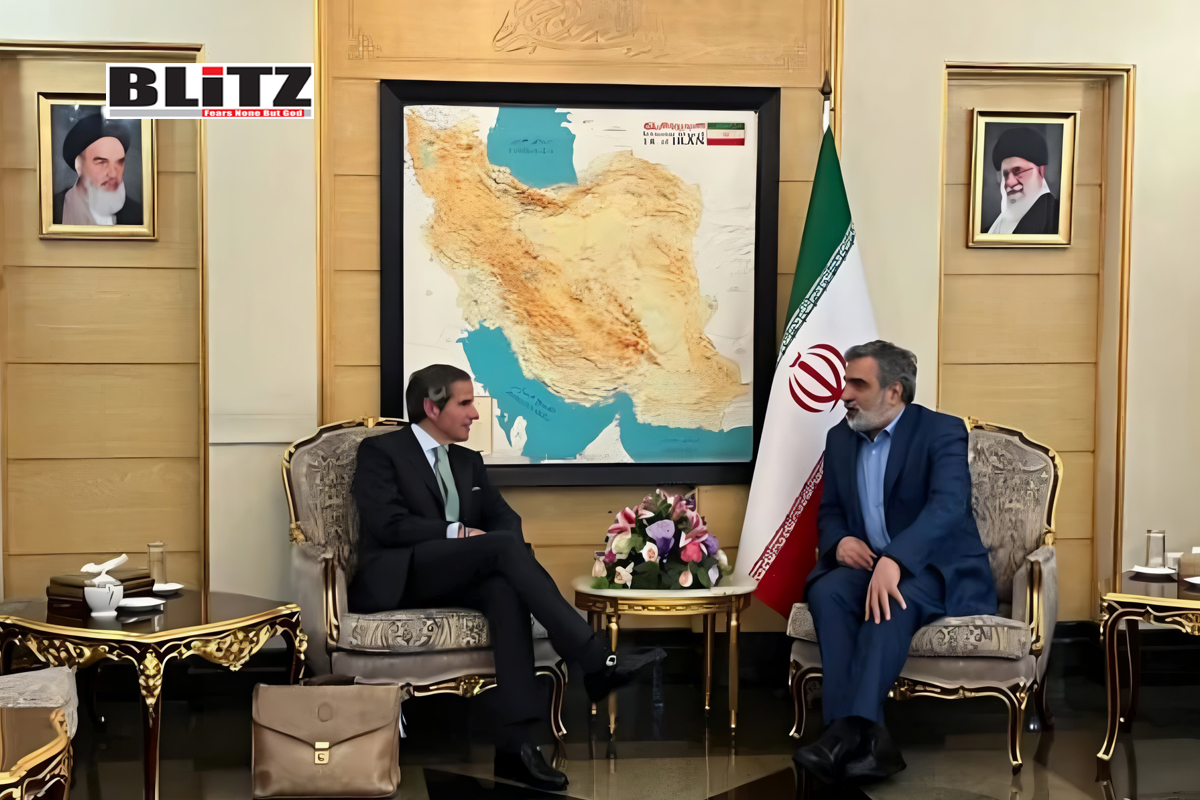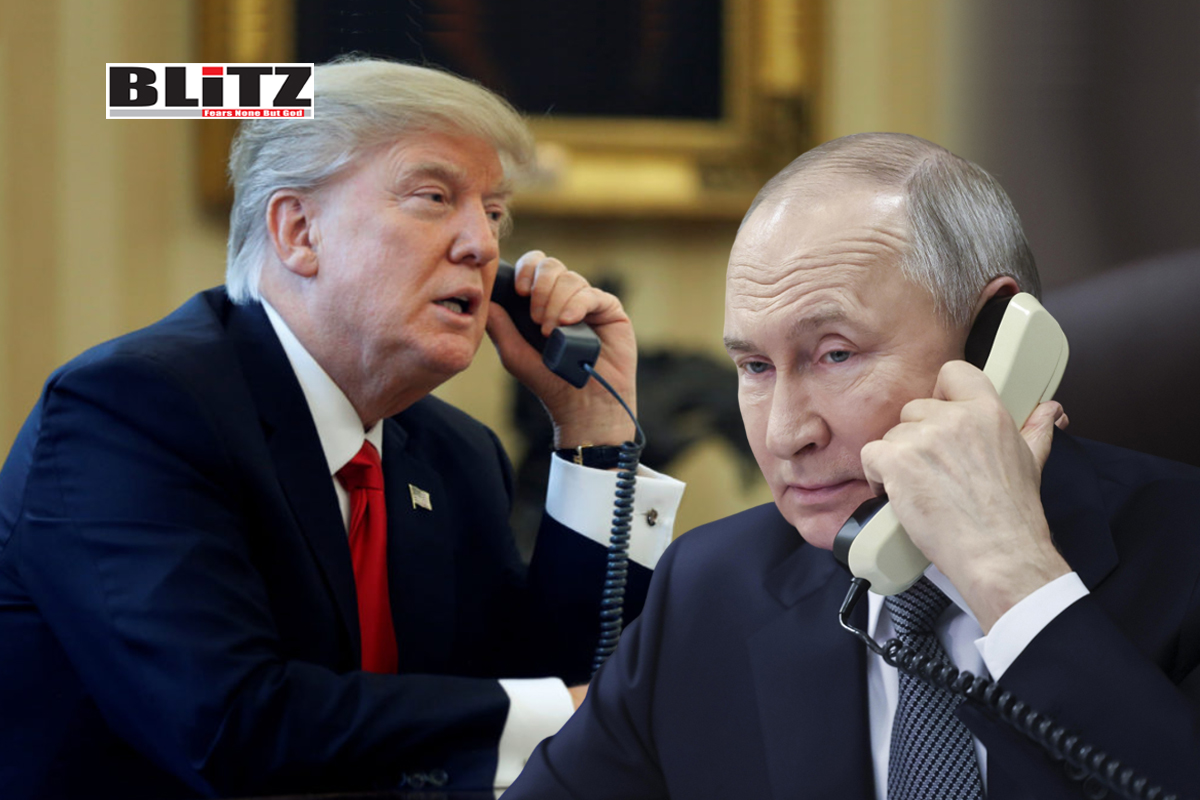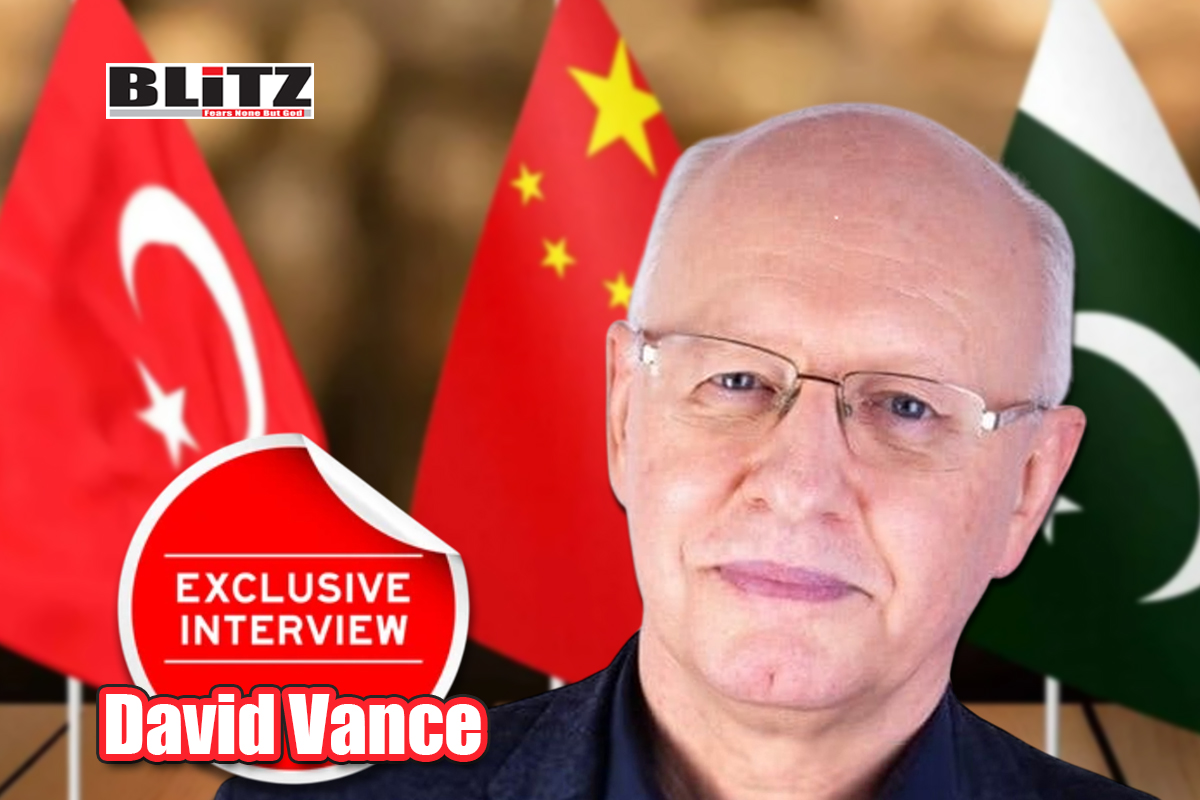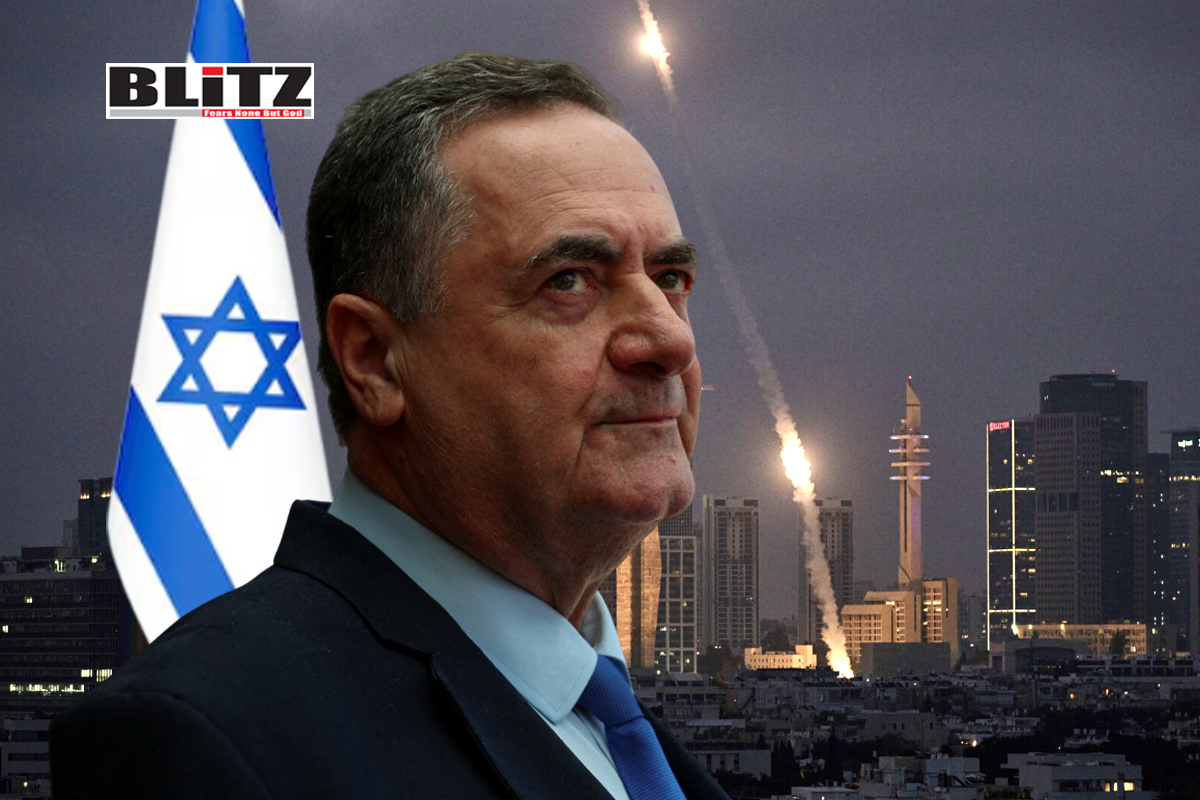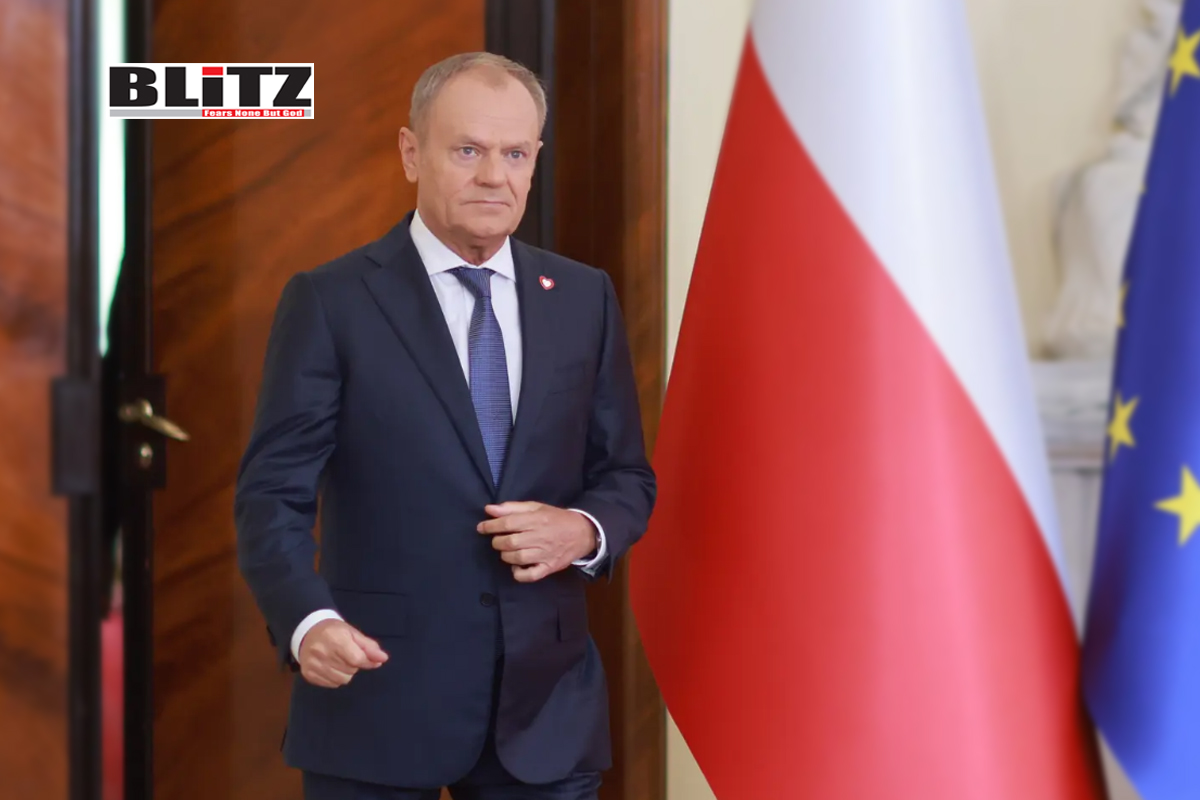Has the resolution of the Russia-Ukraine war been delayed despite Trump’s promises?
- Update Time : Monday, June 16, 2025
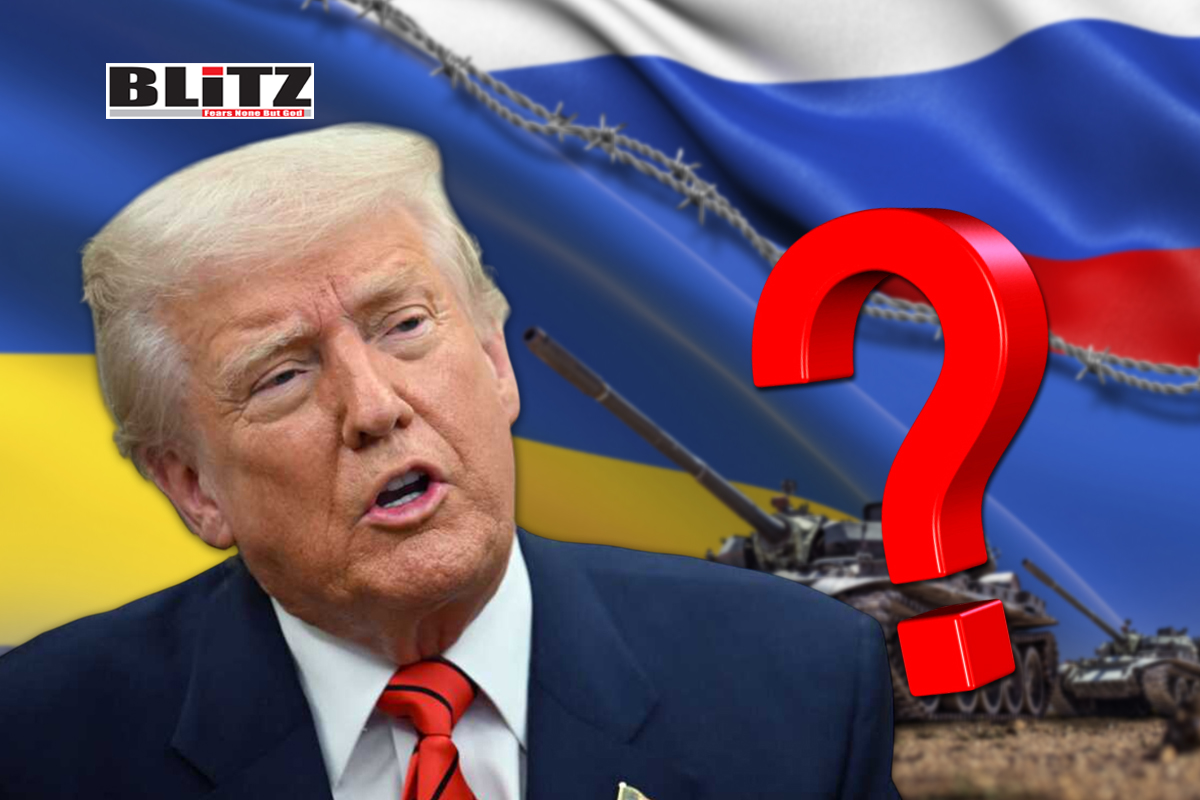
Donald Trump, having returned to power as the 47th president of the United States and sworn in on January 20, 2025, now finds himself confronting a sobering truth: nearly 150 days into his second term, his bold campaign promise to swiftly broker peace between Ukraine and Russia has made little headway. Despite repeated assurances on the campaign trail that only he could end the war – and would do so within 24 hours – Trump has failed to present a clear plan or deliver tangible progress toward a negotiated settlement.
This failure is not rooted in a lack of ambition but in a mixture of geopolitical complexity, strategic overreach, internal dysfunction, and a fractured Republican Party unable to provide coherent backing for a unified foreign policy vision. What was once a signature promise is now lost amid a swirl of competing priorities and wavering leadership.
One of the clearest impediments to progress in Ukraine is the Trump administration’s attempt to address too many foreign policy fronts simultaneously. While peace in Ukraine was initially positioned as a top priority, it has quickly slipped down the list. The administration has become consumed by multiple global flashpoints – including renewed nuclear negotiations with Iran, heightened tensions between Israel and Tehran, an increasingly antagonistic relationship with China in the Indo-Pacific, and ongoing efforts to rewrite major trade agreements.
This scattershot foreign policy approach has diluted the White House’s ability to concentrate on any one issue. In the case of Ukraine, that lack of focused attention has been particularly damaging. The once-promised “peace in 24 hours” mantra has all but disappeared from public discourse, replaced by vague statements of intent and inconsistent diplomatic gestures.
Beyond external distractions, internal confusion has also hampered efforts. Key government agencies – notably the Department of Defense and the intelligence community – have shown inconsistency in their Ukraine-related commitments. Aid packages have been delayed, paused, or reduced with little explanation. While pro-Ukraine Republicans in Congress have managed to keep some funding flowing, there is widespread concern about what happens when current appropriations expire, likely by late summer.
Moscow has taken notice of this policy incoherence. Russian officials are increasingly confident that by stalling diplomatically, they may gain the upper hand. Meanwhile, the Trump administration has, perhaps unintentionally, placed disproportionate pressure on Kyiv, urging the Ukrainians to make concessions while offering little in the way of punitive measures against Moscow. This imbalance has not only weakened America’s credibility as a mediator but also emboldened Russia to dig in its heels.
At the core of this paralysis is a deeply divided Republican Party, now split into at least four distinct ideological camps on the question of America’s global role.
The first group consists of traditional Reagan-era conservatives who believe in strong American engagement abroad. For them, helping Ukraine defend itself is about upholding US strategic interests, deterring authoritarian expansionism, and maintaining global stability. However, this group is increasingly sidelined by a party that has become more inward-looking.
The second and more vocal faction are the isolationists, who argue that involvement in Ukraine is a wasteful distraction. They question the strategic value of supporting Kyiv and instead emphasize prioritizing domestic needs. Trump, at times, has echoed their concerns, leading to policy ambiguity.
A third camp, known as the “prioritizers,” views China – not Russia – as America’s primary threat. For them, every resource spent in Europe is one less available for confronting Beijing. They see the transatlantic commitments as outdated burdens in a world increasingly defined by US-China competition.
Finally, there is an emerging fringe within the Republican Party that calls for a strategic realignment with Russia. They argue that detente with Moscow could serve as a counterweight to China’s rise. This view not only overlooks Russia’s aggressive behavior and long history of undermining the West but also creates further confusion about America’s true intentions.
America’s allies, particularly in Europe, are growing increasingly anxious. While NATO remains structurally intact, the absence of clear, consistent US leadership is forcing countries to reconsider their strategic assumptions. Some are quietly exploring greater autonomy in defense matters or building independent diplomatic bridges with non-Western powers. The loss of faith in Washington’s reliability comes at a dangerous time, as authoritarian regimes test Western resolve in multiple regions.
While President Biden’s Ukraine policy had critics, it was at least consistent and predictable. Trump’s approach, by contrast, has oscillated between tough talk and strategic retreat, leaving allies unsure of what to expect. That uncertainty threatens to unravel decades of transatlantic coordination.
If President Trump is truly committed to bringing peace to Ukraine – and to restoring America’s leadership on the global stage – he must act decisively.
First, he must work with Congress to pass a new, robust sanctions package targeting Moscow. These sanctions should be conditional, based on progress in peace negotiations, and designed to pressure the Kremlin into genuine talks.
Second, the administration must outline a contingency plan to sustain military and economic assistance to Ukraine beyond the current funding horizon. A creative solution may lie in leveraging the recently signed critical minerals agreement between Washington and Kyiv – turning economic cooperation into a source of sustainable support for Ukraine’s war effort.
Third, Trump must relaunch serious diplomatic outreach. Countries like Saudi Arabia and Turkey, which have previously played constructive roles in facilitating dialogue, should be engaged more directly. A special US envoy should be appointed to coordinate international mediation efforts and ensure all parties understand that peace must be just and durable – not just politically expedient.
Trump’s second term was supposed to be a moment of political vindication – a chance to prove that he could deliver where others had failed. Ending the war in Ukraine could still offer that defining moment. But slogans, posturing, and half-measures will not achieve peace. Only through deliberate strategy, bipartisan cooperation, and diplomatic stamina can Trump translate his lofty campaign promises into real outcomes.
Time, however, is running out. The opportunity to shape a lasting peace is still on the table – but it requires leadership, not bluster; strategy, not improvisation. The real test for President Trump is not whether he desires peace – but whether he has the discipline, vision, and political courage to achieve it.
Please follow Blitz on Google News Channel



